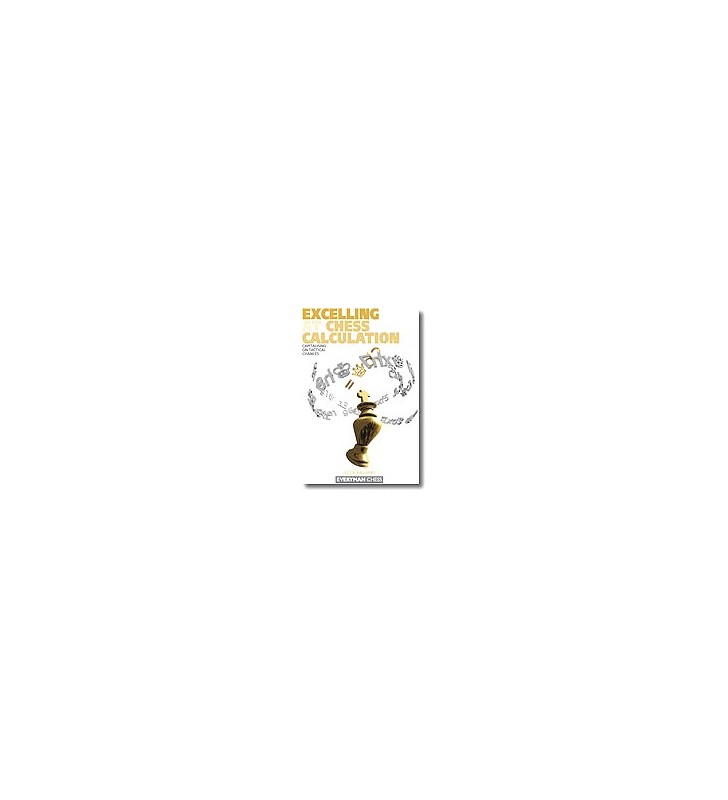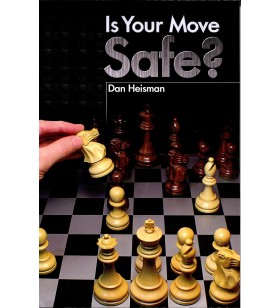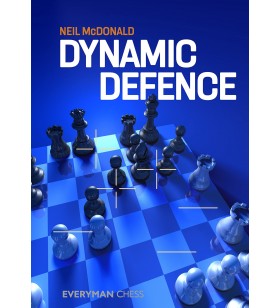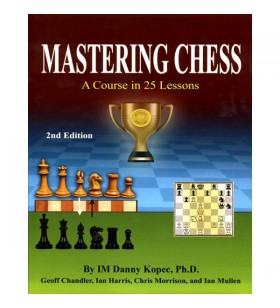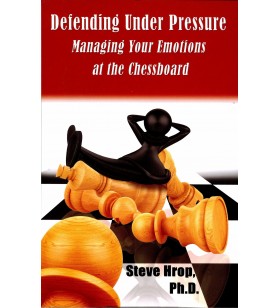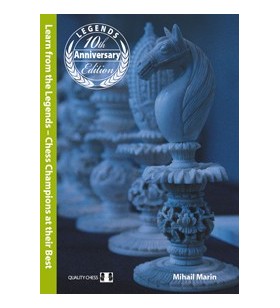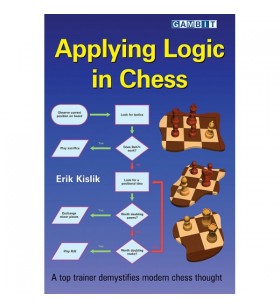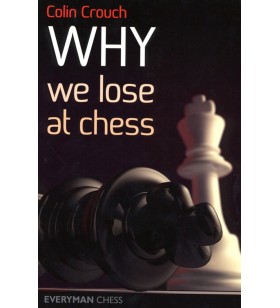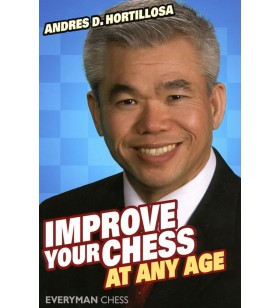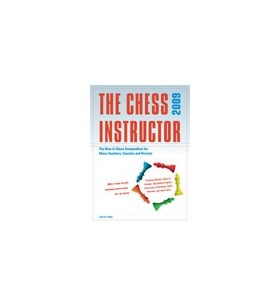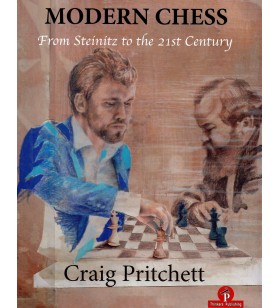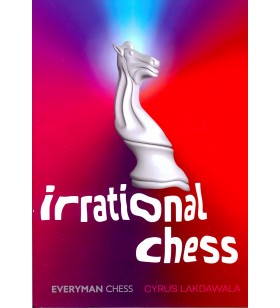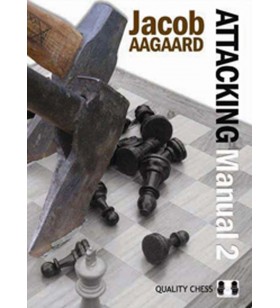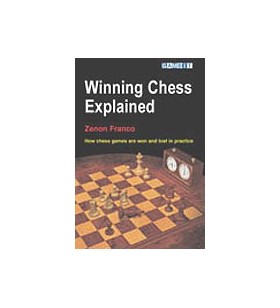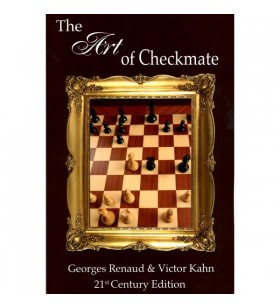- CHESS
- Chess boards and pieces
- Chess books
- Chess books in English and others
- Opening books
- The Ruy Lopez
- Other open games
- Other semi-open games
- The Sicilian
- French Defence
- Pirc & Modern Defence
- Caro-Kann
- Queen´s Gambit
- Slav Defence & Semi-Slav
- Other closed games
- Other semi-closed games
- King´s Indian Defence
- Nimzo & Queen´s Indian
- Grünfeld
- English Opening
- Dutch Defence
- Miscellaneous openings
- General and repertoire books
- Endgame books
- Books on grandmasters
- Books on tournaments
- Books in Dutch
- Miscellaneous
- Chess magazines
- General and middle game books
- Opening books
- Chess books in French language
- Chess books in English and others
- Chess software and DVDs
- Chess computers
- Equipment for clubs
- BOARD & BRAIN GAMES
- GO
- BRIDGE & CARDS & TAROT
- POKER & CASINO GAMES
- PUZZLES & BRAIN TEASERS
- DARTS
AAGAARD - Excelling at Chess Calculation
 Livraison sous 48 heures via Bpost*
Livraison sous 48 heures via Bpost*
Livraison gratuite à partir de €69 (Belgique, France, Pays-Bas, Luxembourg, Allemagne)
 You can cancel your order
You can cancel your order
For fourteen days!
 Secure payments
Secure payments
All payment cards accepted.
16 other product
De Macht van het Loperpaar
Hrop - Defending under pressure. Mananging your emotions at the chessboard
The seconds tick down relentlessly toward zero just as your game approaches the critical stage. Your higher-rated opponent is putting your game under severe pressure, so extreme accuracy is needed to hang tough and avoid falling into a losing position. What do you do now – should you exchange pieces to relieve the pressure, lash out with a sacrifice, probe for weaknesses in the opponent's camp, or maybe just give up and get a lesson on how to bring the point home?
The answer is… none of these! At such do-or-die moments, says Steve Hrop, the first thing to do is to sit on your hands and take a few deep breaths. In Defending Under Pressure and Managing Your Emotions at the Chessboard, the author uses critical moments from his own tournament games (most of them against players rated above 2200) to describe the difficulties of thinking straight when the enemy is at the gates, and then outlines methods and techniques to clear your head, evaluate the position, and find your way to the best move. Techniques include how to avoid redundant pieces that critically limit your mobility; when visualization is more important than calculation: and “freeze-framing” positions to eliminate blunders.
Save the draw – or turn a looming defeat into an astonishing victory – with the tips in this practical training manual! 236 pages
BOSCH, GIDDINS - The Chess Instructor 2009
Lakdawala - Irrational Chess
The vast majority of chess games witness familiar strategies and well known tactical motifs. These are the games that you will find in the anthologies and opening repertoires. Sometimes however, games appear that seem to have been played on a different planet.
Conventional strategies go out of the window. Familiar tactical themes are nowhere to be seen. Chaos has broken out. The pieces appear to be in open rebellion and are steadfastly refusing to do the natural jobs that they were designed for.
Having to navigate a path in such a game can be a nightmare. Do you rely purely on calculation? Is it better to trust your instincts? Can you assess the position using “normal” criteria?
In order to answer these questions, prolific chess author and coach Cyrus Lakdawala has assembled a collection of brilliantly unconventional and irrational games. The positions in these games appear almost random. Kings have gone walkabout, pieces are on bizarre squares, huge pawn rollers are sweeping all before them.
Irrational chess is like nothing you’ve seen before. As well as being highly instructive this is a hugely entertaining book.
Do not adjust your set. It’s chess, Jim, but not as we know it.

 Français
Français Nederlands
Nederlands English
English